Rules of Origin
Rules of origin can be complex. The UK Trade Cooperation Agreement (TCA) allows for duty free movement of goods between GB and EU (in most cases) but origin is key.
For the goods to qualify they must be of preferential origin.
This normally means they have been wholly obtained in the qualifying territory or have been sufficiently processed in that territory. It does NOT cover goods that are merely in 'free circulation', ie goods that have been duty paid in one territory do not necessarily qualify for duty free status in the other, unless they have been processed significantly enough to alter their origin status. To check if your goods meet the rules of origin click HERE for the Irish (EU) perspective click HERE.
Understanding the rules is one thing, you must also have the relevant proof of origin to claim the reduced rate of duty.

Rules of origin can be complicated and often without a clear 'black and white' answer.
In some cases it may be beneficial to alter your supply chain process in order to qualify for duty reliefs.
Our experts will not only tell you if you qualify but also what you can do if you currently fall short of the requirements. This can mean anything from changing production flows to alternative customs regimes. There are nearly always options and we will lay these in front of you in a clear and concise manner.

Help is at hand!
Our team includes Rules of Origin experts who can guide you through the complex tapestry of cumulation, status, preferential origin, returned goods relief (RGR) and other ways to reduce duty liability.
WCO (World Customs Organisation) qualified and steeped in practical, first hand, experience; let the team help you. Simply complete the form below and we will be in touch.
To access the ITC rules of origin facilitator click HERE
Trusted By




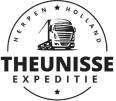

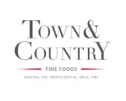
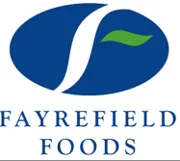
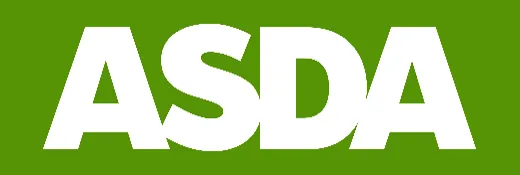
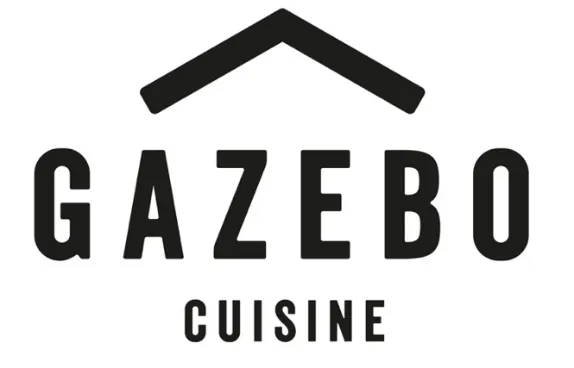
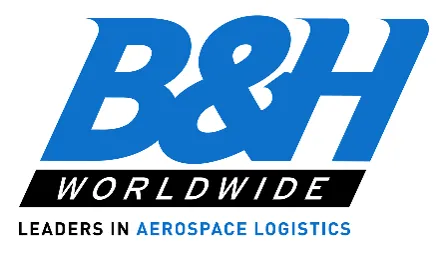
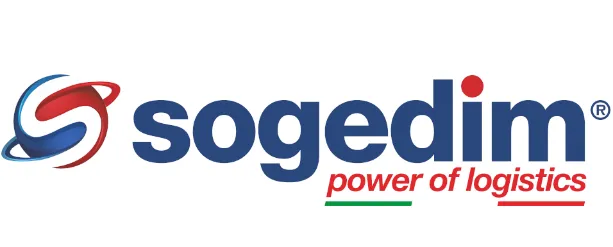
CABIE Benefits
Save time & Stress
Just nine clicks and the shipment is released from the port! Faster at the frontier, less paperwork and less cost.
24hr Customs Expert Support
Fully supported 24/7 by our experienced Customs Specialist support team to ensure that things run smoothly.
Minimal Effort & Cost
Ship as frequently as you like without incurring full customs declaration charges each time.
You're In Good Company




.png?width=150&height=150&name=EORI%20LOGO%202025%20(6).png)